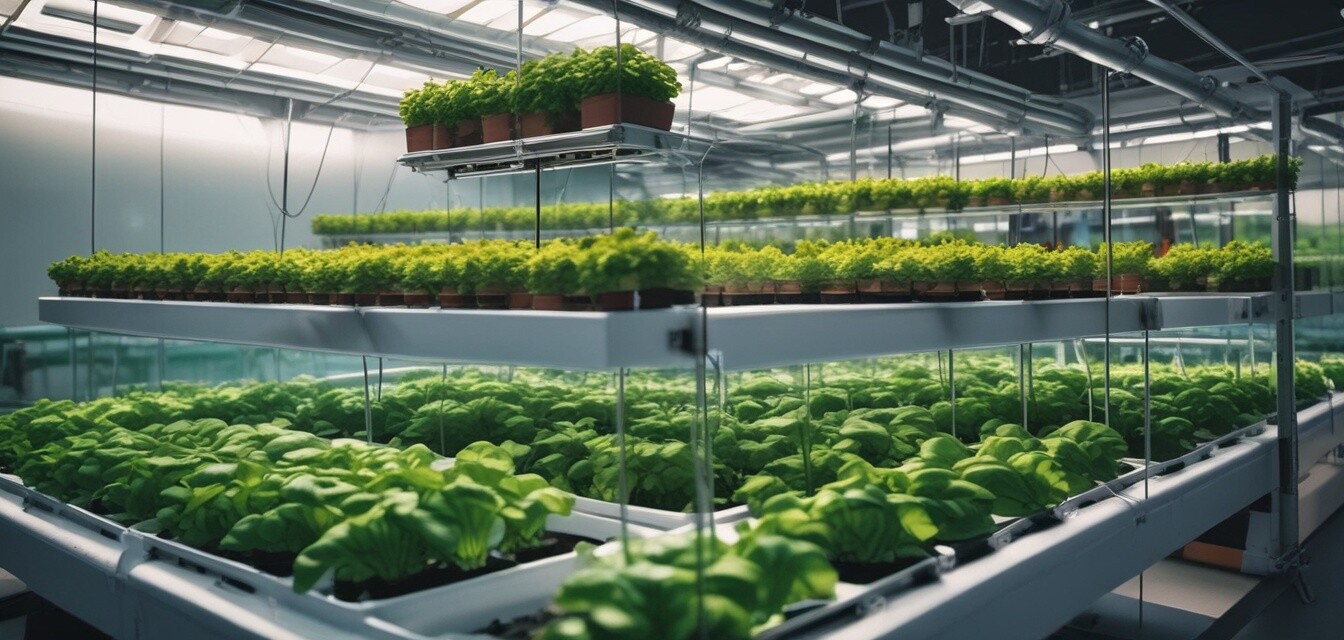
Future Trends in Hydroponics: What to Expect
Key Takeaways
- The hydroponics industry is set to embrace new technologies, focusing on automation and data analytics.
- Sustainable practices are becoming a priority among consumers and producers alike.
- Consumer preferences are shifting toward fresher, locally grown food options.
The world of hydroponic gardening is evolving rapidly as advancements in technology and changes in consumer bias shape its future. Hydroponics has long been recognized as an efficient way to grow plants without soil, and as we look ahead to 2025 and beyond, several trends are emerging that will likely have significant impacts on the industry. This article explores these anticipated changes, focusing on technological innovations, sustainability shifts, and changing consumer preferences.
Technological Advancements in Hydroponics
As technology continues to evolve, the hydroponics sector is no exception. Here's a look at some cutting-edge technologies that are set to change the hydroponics landscape.
| Technology | Description | Benefit |
|---|---|---|
| Automation | Systems that manage growth conditions automatically. | Increased efficiency and reduced labor costs. |
| Data Analytics | Collection and analysis of growth data. | Improved decision-making and yield optimization. |
| LED Grow Lights | Energy-efficient lighting tailored for plant growth. | Lower energy costs and enhanced growth rates. |
The role of automation
Automation is a key trend that is expected to rise in popularity. Automated systems can control lighting, nutrient delivery, and water supply, ensuring optimal growing conditions. This not only saves time for gardeners but also minimizes the chances of human error.
Data-driven decisions
Farmers and hobbyists alike are now increasingly using data analytics to assess their plant growth continuously. With tools that track environmental conditions and plant performance, growers can make informed choices to improve their yields, effectively revolutionizing traditional farming methods.
The Shift Toward Sustainability
With growing concerns over climate change and environmental impact, sustainability is becoming a central theme in the hydroponics industry. Here are some noteworthy trends:
- Water Efficiency: One of the most significant benefits of hydroponics is its reduced water usage compared to traditional farming. As droughts become more common, many growers are turning to hydroponics as a sustainable option.
- Organic Nutrient Solutions: There is a growing demand for organic methods and products among consumers. Many manufacturers are adapting their nutrient solutions to meet these needs, thus driving sustainability in hydroponic practices.
- Vertical Farming: Urbanization continues to drive interest in vertical farming. This technique allows for farming in smaller spaces, which is ideal for city environments.
Consumer Preferences for Locally Grown Food
As consumers become more conscious of where their food is coming from, interest in locally grown produce is on the rise. Hydroponics allows for year-round crop production, enabling farmers to supply fresh produce regardless of the season.
"A hydroponic garden is not just about growing; it’s about creating a sustainable ecosystem that meets consumer needs." - Hydroponics Expert
Future Challenges and Considerations
While hydroponics offers many advantages, challenges still lie ahead:
Pros
- High yield due to optimized growing conditions.
- Ability to grow in urban environments.
- Reduced reliance on pesticides.
Cons
- High initial setup costs for advanced systems.
- Need for continuous monitoring and adjustments.
- Dependence on electrical power for operation.
Conclusion
Hydroponics represents a significant shift in how we think about food production. With ongoing advancements in technology, a stronger emphasis on sustainability, and evolving consumer preferences, the future of hydroponics is bright. As we move toward 2025, the industry promises not only to provide fresh, nutrient-rich produce but also to contribute to a more sustainable agricultural future.
Stay Updated
To stay informed about the latest news and trends in hydroponics, make sure to check out our News and Trends section regularly. Explore a wealth of information to help you navigate this exciting industry.

